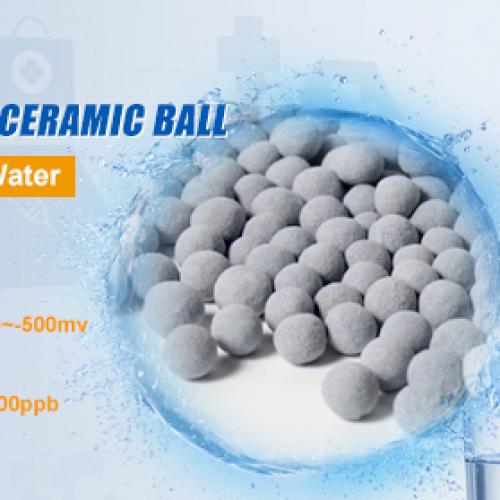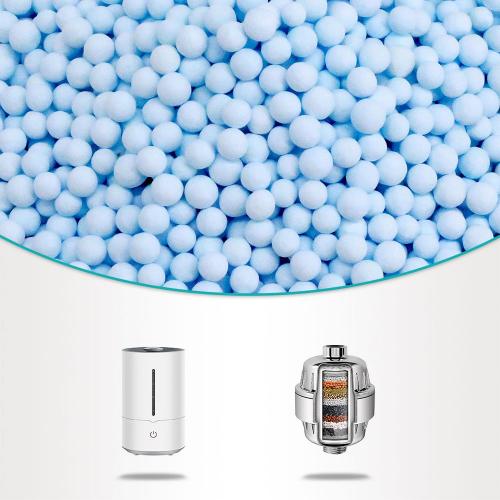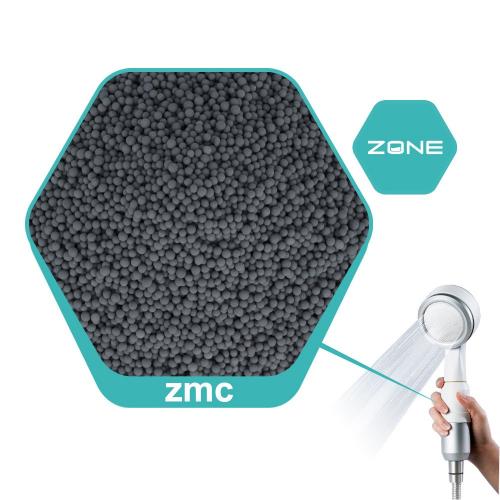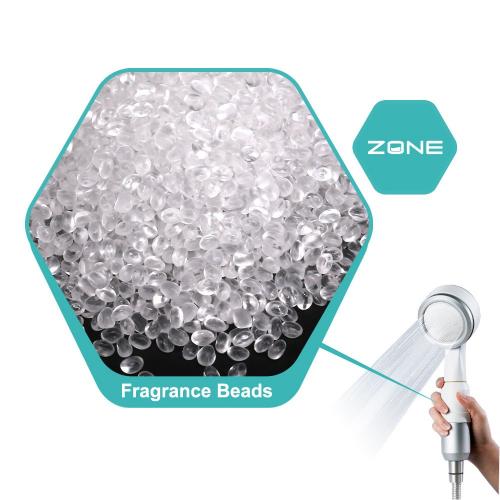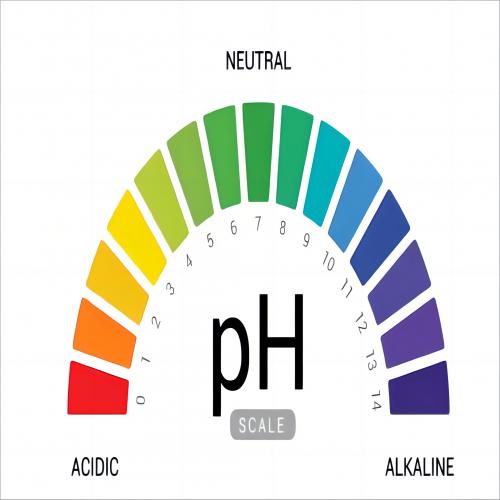The dangers of residual chlorine
Update time: 23-09-18 Views: 674
The dangers of residual chlorine
Definition of residual chlorine
Residual chlorine refers to the sum of free residual chlorine and combined residual chlorine remaining in tap water after chlorination and disinfection for a certain period of time. It is a common indicator for testing tap water hygiene.
The dangers of residual chlorine in toiletry products
1. Damage to the skin: The residual chlorine in the water has strong oxidizing properties, which can cause irritation to the skin and easily cause skin damage, thereby causing dry skin, skin aging, acne, etc. Allergic symptoms such as dermatitis, eczema, etc. may also occur. .
2. Damage to hair: Residual chlorine can easily cause hair dryness, split ends and other problems.
3. Damage to nails: Residual chlorine can easily oxidize human nails, causing a certain degree of damage.
4. Damage to the respiratory system: Due to the strong oxidizing and volatile characteristics of residual chlorine, long-term inhalation of residual chlorine during bathing will cause damage to the human respiratory system, causing itchiness in the throat. In severe cases, it may induce rhinitis, bronchitis and even lung qi. diseases such as swelling and even chronic chlorine poisoning.
The harm of residual chlorine in drinking water purification products
1. Damage to the gastrointestinal system: If excessive residual chlorine in the water cannot be completely removed from drinking water purification products, drinking the water may stimulate the gastrointestinal mucosa to react, causing nausea, vomiting, bloating, diarrhea and other gastrointestinal discomfort symptoms. .
2. Destroy nutrients: When washing vegetables and fruits with water containing residual chlorine, the residual chlorine will destroy the vitamins, minerals and other nutrients in them, affecting the body's absorption of nutrients.
3. Combine to form carcinogens: Residual chlorine easily reacts with organic matter in the water. When residual chlorine is heated, it is easy to produce carcinogens such as chloroform, which is harmful to human health.
